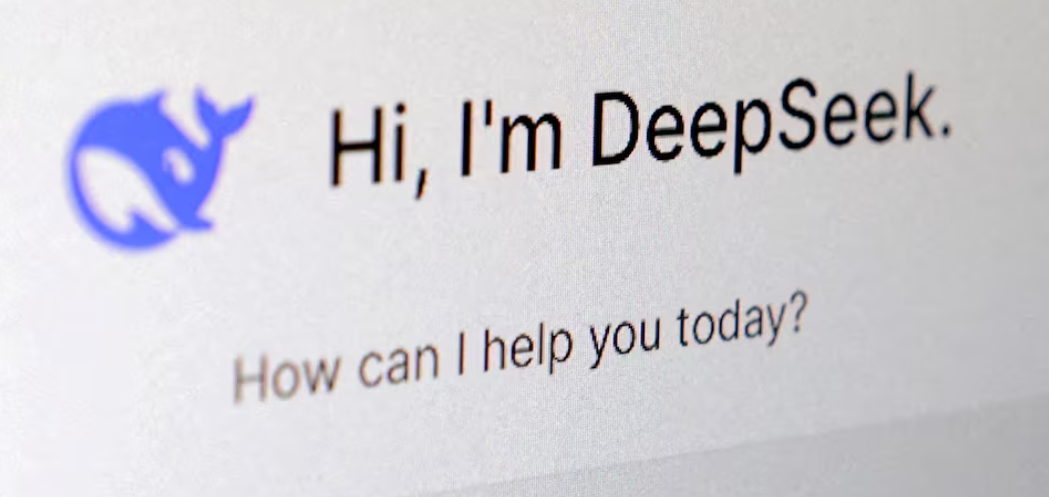Google Unveils ‘Willow’ Quantum Chip Capable of Solving Complex Problems in Minutes
In a groundbreaking achievement, Google Quantum Computing Lab has unveiled a new quantum computing chip named ‘Willow’. This state-of-the-art chip has the ability to solve complex computational problems in less than five minutes, a task that would take the world’s fastest supercomputer an unimaginable 10 septillion years (10,000,000,000,000,000,000,000,000 years) to complete.
To put this into perspective, the age of the universe is approximately 13.8 billion years, making 10 septillion years an unfathomably long period of time.
What Makes ‘Willow’ Special?
- 105 Qubits for Unprecedented Speed:
Unlike conventional computers that use binary bits (1s and 0s), quantum computers use qubits (quantum bits). These qubits can exist in multiple states (superposition) simultaneously, unlike traditional bits that are either a 1 or a 0. This capability allows quantum computers to process vast numbers of calculations at the same time. - Error-Correction Breakthrough:
One of the biggest challenges in quantum computing is dealing with errors caused by quantum noise. Qubits are highly sensitive and can be disrupted even by subatomic particles. However, Google researchers claim that the new Willow chip has an advanced error-correction system. As the number of qubits increases, the likelihood of errors actually decreases, a significant advancement over previous designs. - Faster, Smarter, and More Reliable:
Google’s breakthrough follows its earlier 2019 achievement, where it claimed its quantum processor could solve a mathematical problem in three minutes that would take a traditional supercomputer 10,000 years. Back then, the claim faced criticism from competitors like IBM, who argued against Google’s definition of “quantum supremacy.” This time, Google’s error-correction innovation and the chip’s performance are seen as a major leap toward a practical quantum computer.
How Powerful is ‘Willow’?
According to Google, the results produced by Willow would take even the most advanced classical computer over a billion years to achieve, under ideal conditions.
This makes Willow one of the most powerful quantum processors in the world, with the ability to enter realms that traditional supercomputers cannot.
Potential Uses of Quantum Computing
Google sees Willow as a major step toward building a practical quantum computer. Such a machine could revolutionize various industries, including:
- Artificial Intelligence (AI): Quantum computing could supercharge machine learning algorithms, enabling AI systems to learn and process information at unparalleled speeds.
- Medicine: The pharmaceutical industry could use quantum computing to model and simulate molecular structures for drug discovery, which currently takes years to accomplish using classical computers.
- Cryptography: Quantum computers could render current encryption methods obsolete, posing a security challenge but also offering new solutions for secure communications.
- Optimization Problems: Sectors like logistics, finance, and supply chain management could be transformed through more efficient optimization algorithms powered by quantum computing.
How is ‘Willow’ Different from Rival Quantum Chips?
Google is not alone in the race for quantum computing dominance. Competitors like IBM, Intel, and Rigetti Computing are all striving to develop chips with higher qubit counts and better error correction. While some competitors boast more qubits (IBM recently announced a 433-qubit chip), Google claims that sustainability and error correction are more important than sheer qubit numbers.
Unlike its rivals, Google’s approach focuses on stability and performance rather than simply increasing the qubit count. This strategy is believed to be crucial for building a fully functional, fault-tolerant quantum computer.
What’s Next for Google’s Quantum Ambitions?
The Willow chip is being developed at Google’s purpose-built research center in Santa Barbara, California. This facility is dedicated to quantum research, and its goal is to create a practical, error-free quantum computer.
Google aims to use Willow and its successors to make quantum computing a reality for everyday use, enabling transformative progress in AI, healthcare, and more. The company remains optimistic that quantum technology will eventually enter mainstream use, reshaping how industries approach problem-solving and computation.
Google’s achievement with the Willow chip represents a significant step toward commercial quantum computing. With rivals like IBM and Intel also pushing forward, the race for quantum dominance is heating up. However, Google’s focus on error correction and system stability may give it an edge in the long term.














Post Comment